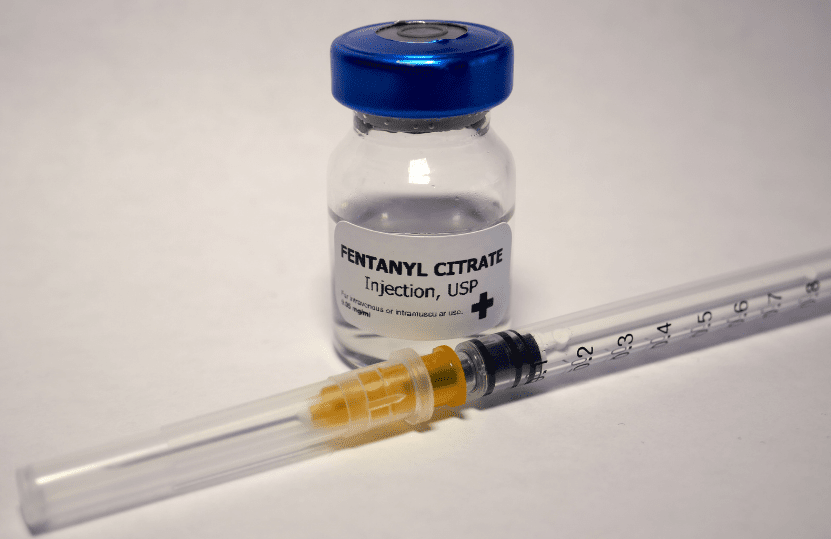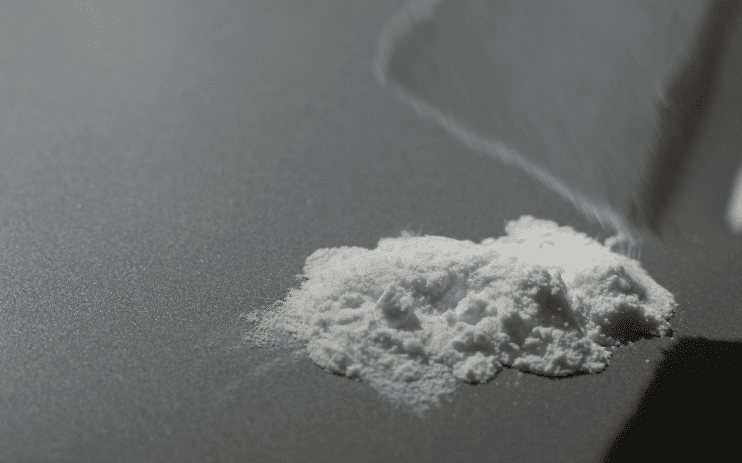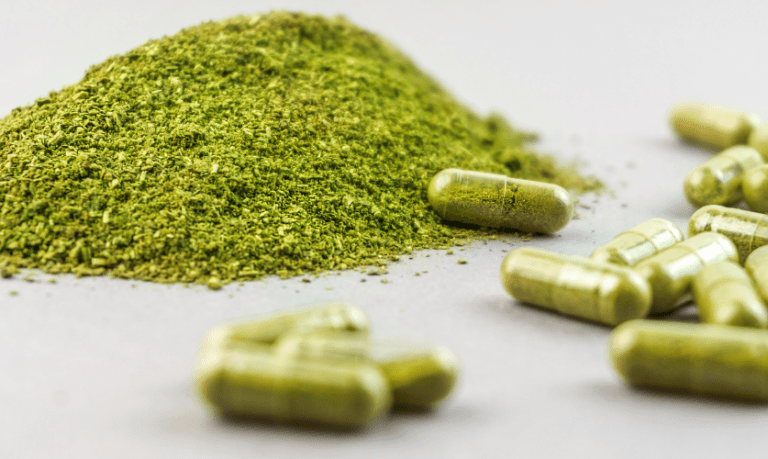What Drugs can be Cut with Fentanyl?
Fentanyl is an extremely potent synthetic opiate that has become a major factor in the rate of overdoses and deaths related to the opioid epidemic. Fentanyl can come in a variety of forms making it especially easy to mix with other substances. Unfortunately, mixing fentanyl into other substances has become a common practice because such a small amount is needed to produce dramatic effects. The results of mixing fentanyl with other substances has had increasingly dangerous and fatal consequences.
If you or someone you love is experimenting with dangerous substances, we encourage you to reach out for assistance. At Oasis Recovery, we offer a range of drug abuse programs and mental health services that can help individuals get their lives back on track. We provide a safe and secure atmosphere for detox. Reach out to us today for more information about the dangers of fentanyl, overdoses, and relapse prevention.
Common Drugs that are Cut with Fentanyl
Recently, Fentanyl is increasingly mixed or “cut” with drugs like cocaine and methamphetamine (“meth”). Fentanyl is also added to mixtures that are then created into pills that look like common prescription opiates but are in fact stronger and more addictive. Fentanyl-laced substances are especially dangerous because this synthetic opiate is so powerful that small amounts can easily result in overdose or death.
It’s important to emphasize the risks associated not only with mixing substances but the unexpected physical effects, mental health side effects, and increased potential for addiction associated with adding fentanyl to other drugs. It’s sadly easy for individuals to develop an addiction in modern times due to the extremely addictive qualities of fentanyl.
Some common signs of opioid addiction include:
- Mood changes or instability
- Changes in sleep patterns
- Seeking more medication than prescribed
- Poor decision-making
- Lying or making excuses
- Changes in social interaction
If you are seeing signs of substance abuse, including increased risky behaviors, early intervention is always best. Keep in mind that it is never too late to break the cycle of abuse and get your life back on track.
Factors That Increase Risk for Fentanyl and Opioid Addiction
There are many factors that can increase an individual’s risk of developing an addiction. Some of these factors come into play even before a person has experimented with opiates for the first time. These factors may include:
- Youth
- Mental health issues
- Stressful home life
- Family problems
- Death in the family
- Unemployment
- Work issues
- Legal issues
Susceptibility to addiction may include:
- Genetic predispositions
- Family history of mental health issues
- Physical health problems
- Environmental factors
- Living in a low income household
- Living in an impoverished community
Any person who takes opiates or experiments with drugs like fentanyl is at risk of becoming addicted regardless of factors such as age, race, class, or gender.
Signs of an Overdose
Common signs of fentanyl or opioid-related overdose can include:
- Slow or weak breathing
- Slow or weak heart rate or pulse
- Choking
- Gurgling sounds
- Cold or clammy skin
- Limp body
- Lips and nails turning bluish
- Loss of consciousness
What To Do In An Overdose Emergency
First, call 911.
If available, administer naloxone (sold under the brand name Narcan).
If the overdosed person is responsive, attempt to keep them awake and breathing.
Adjust the overdosed person’s position on their back so that if they vomit they do not choke and suffocate.
If an overdosed person is unresponsive, attempt to perform CPR. To do so, press firmly on their chest to the rhythm of the song “Staying Alive” which is the correct beat for resuscitation.
Once emergency services arrive, let the professionals take over the situation.
Contact Oasis Recovery to Learn More about Fentanyl Risks
It’s important not to blame someone for developing an addiction. Especially since drugs like fentanyl have come onto the scene, it’s much easier for those who abuse substances to quickly develop a dependency and then full-blown addiction. At Oasis Recovery, our opioid addiction recovery program and related drug abuse addiction programs are personalized to fit the individual needs of our clients. We integrate mental health services and relapse prevention techniques to help clients and their families find the path towards a better future. Contact us today to speak with a specialist about recovery options.












